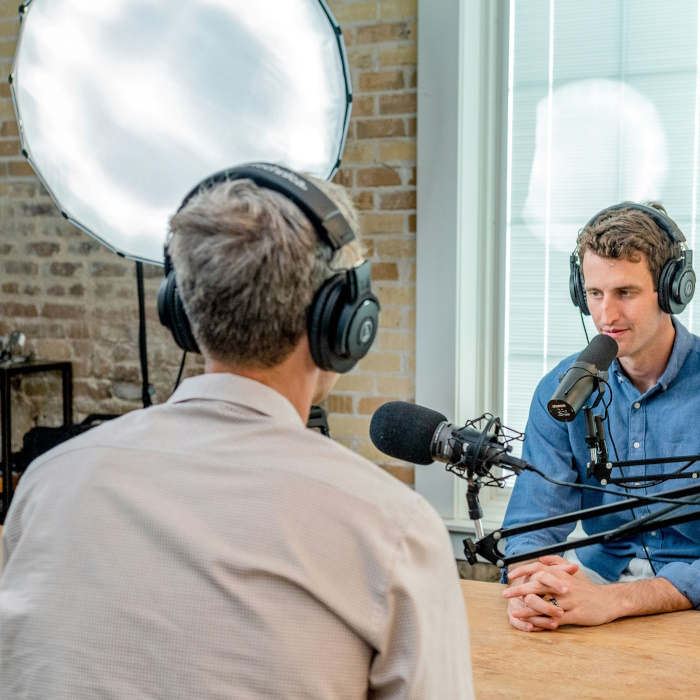Is It Better to Build an Investment Property or Buy an Established Home?
February 16, 2025 | Investment

Is It Better to Build an Investment Property or Buy an Established Home?
When it comes to property investment, the age-old question remains: should you build a brand-new investment property or buy an established home? Both strategies have their pros and cons, and the right choice depends largely on your goals, budget, and risk tolerance. In this blog, we’ll explore both options to help you make an informed decision.
1. Building an Investment Property
Pros:
- Customisation: When building, you have the freedom to design the property according to your target tenant’s needs. You can optimise it for maximum yield by choosing features that attract higher rents or longer tenancies, such as energy efficiency, additional bedrooms, or modern conveniences.
- Depreciation Benefits: New properties offer more significant tax benefits, particularly through depreciation. You can claim on both the building itself and the fittings, which can significantly improve your cash flow and reduce your taxable income.
- Lower Maintenance Costs: Brand-new properties typically come with builder warranties and require less maintenance, meaning fewer out-of-pocket expenses in the early years.
- Attract Tenants: Newer homes are often more appealing to tenants, meaning you may rent them out faster and at a higher price. The modern features, energy efficiency, and contemporary designs give them a competitive edge.
Cons:
- Longer Timeframe: Building a property can take months or even years from planning to completion. During this time, you won’t be generating rental income, and market conditions could change.
- Higher Risk: If you’re building in a developing area, there’s a risk the property may not attract tenants right away. Infrastructure and demand may take time to catch up with the new development.
- Location Limitations: Building usually happens in newer or developing suburbs, which may be further away from established employment hubs or amenities. This could impact long-term capital growth.
- Property Spruikers: Hidden Costs in the Marketing: Property spruikers often market developments as “must-have” opportunities but are paid by the developer. Their commissions, which can range from $30,000 to $60,000, are often built into the price, meaning you may be overpaying for the property.
- Builder Risk: In today’s market, builders going bankrupt mid-project has become increasingly common. If your builder goes broke halfway through construction, it can cause delays, additional costs, and legal complications.
2. Buying an Established Home
Pros:
- Immediate Rental Income: One of the biggest advantages of buying an established home is that you can start earning rental income immediately. This makes it easier to manage your cash flow from day one.
- Known Market Value: The value of an established home is easier to assess since it’s based on comparable sales in the area. This makes it easier to gauge the potential for capital growth and rental returns.
- Prime Locations: Established homes are often located in desirable suburbs close to amenities, transport, and schools. These areas typically have lower vacancy rates and higher demand, which can mean more consistent rental income.
- Value-Adding Opportunities: You may have the opportunity to renovate or improve an established property to increase its value and rental return. Adding a granny flat, subdividing, or updating the home can create additional income streams.
Cons:
- Higher Maintenance Costs: Older homes may require more maintenance and repairs, which can quickly eat into your profits. Renovations, while value-adding, can also be costly and time-consuming.
- Fewer Depreciation Benefits: Established homes usually come with limited depreciation benefits compared to new builds, which could impact your overall tax position. However, depreciation can be increased if major renovations or additions, such as a granny flat, are undertaken. This can help offset some of the costs and improve your cash flow. It’s essential to consult with a quantity surveyor for full details and advice, as they can provide an accurate depreciation schedule tailored to your property.
- Less Customisation: When buying an established home, you’re limited to the property’s existing design and features. You may have to compromise on certain aspects that don’t fully align with your investment strategy.
3. Factors to Consider
- Capital Growth vs. Yield: If you’re chasing capital growth, an established home in a prime location may offer better long-term gains. On the other hand, if you’re focusing on rental yield, building a new home in a growth corridor could provide a more predictable income stream.
- Risk Appetite: Building comes with more uncertainty due to construction delays, market fluctuations, and potential issues with tenants in new developments. If you prefer lower risk, buying an established home may be the safer choice.
- Time Commitment: Building requires more hands-on involvement during the construction phase, and potentially longer vacancies while you wait for the property to be completed. Buying an established home can be a more passive investment with immediate returns.
4. Conclusion
Both building and buying an established home can be profitable investment strategies, but they cater to different types of investors. If you’re looking for immediate rental income, value-adding opportunities, and are willing to deal with maintenance issues, buying an established home may be the better option. However, if you want a brand-new, low-maintenance property with tax benefits and the opportunity to tailor the design to tenant needs, building could be the right path for you.
Your decision will ultimately come down to your investment goals, risk tolerance, and market conditions. Consider speaking with a buyer’s agent or financial advisor to tailor your approach based on your personal circumstances. Is It Better to Build an Investment Property or Buy an Established Home? So which do you see as better? Contact us here and let us know!
Recent Posts
We hope that you have found Is It Better to Build an Investment Property or Buy an Established Home? helpful.
Click here to contact our expert team of Queensland Buyer's Agents.
Don’t forget to follow our buyer's agents team on Facebook or LinkedIn!
